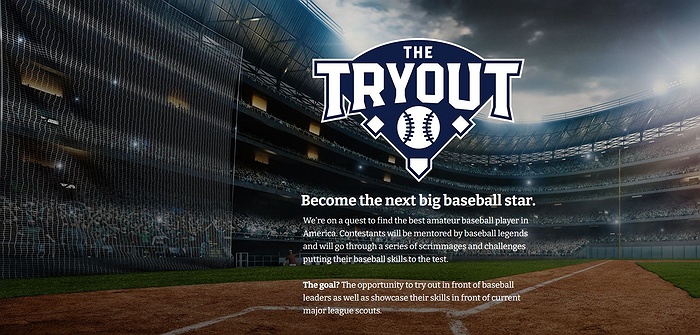- April 27, 2023
- Posted by: Dave Kurlan
- Category: Understanding the Sales Force

Our son’s college baseball season is winding down and we think they’ll make the playoffs for the second straight year. As I think back to high-school baseball, a couple of things came to mind that have a lot to do with sales development.
Mike attended two high schools. His first high school baseball coach saw his potential, calling him up to play on the varsity team when he was still in the 8th grade. He was a starter that year, as well as his freshman and sophomore years. Coach Mark was a good judge of talent, he was able to develop the limited talent he had, and his players loved him. RIP Mark.
Mike transferred to a bigger, more sports-oriented high school for his junior and senior years where he had only 8 at-bats as a junior and lost his senior year to Covid. Coach Charlie was a poor judge of talent, as evidenced by his reputation for cutting guys who would later be drafted by MLB teams. He was unable to develop the talent he had and his players disliked playing for him.
Those two examples are not unique to baseball as I’m sure you could share similar stories from football, soccer, hockey, lacrosse, volleyball, tennis, swimming and basketball coaches. More important for today’s topic, the two baseball coaches are analogous to most of the Sales Managers I have worked with over the past 3 decades.
There are a small percentage of sales managers who are good judges of talent, make smart hiring decisions, their salespeople love working WITH them, and as a result, these sales managers are able to coach the ever-living daylights out of their salespeople and get them to over-achieve.
A very large percentage of sales managers are poor judges of talent, make poor hiring decisions, and are unable to coach up the very salespeople who shouldn’t have been hired. They have underperforming teams and often close the gap by focusing on their personal sales instead of their salespeople.
Sports teams hold tryouts. They’re not perfect, but they do serve as auditions and while some athletes perform better in games than in tryouts, most good coaches know what to look for.
Sales Managers don’t hold tryouts. They use resumes and interviews, neither of which are predictive of success and hire based on gut instinct. For example, take Joe, a top salesperson at his previous company in industrial manufacturing. Joe managed the three largest accounts there and his revenue dwarfed the other salespeople in the company. Joe is applying for a similar role at with a competitor and Larry, the sales manager there, is very excited about Joe. What Larry doesn’t realize though, is that those three large accounts are staying with Joe’s previous company because Joe doesn’t build great relationships, and Joe will fail to bring in new accounts because he is not a hunter. Oblivious to Joe’s weaknesses in these two crucial competencies, Larry will hire Joe and then never understand why Joe is failing. If only there was a way for Larry to know about those two challenges in advance!
Of course, there is. Larry can’t hold tryouts, but he could do the second best thing and use Objective Management Group’s (OMG’s) Sales Candidate Assessments. They are customizable for each selling role, extremely accurate and have legendary predictive validity. It’s the closest thing to a crystal ball or a tryout. Check them out here. OMG measures all 21 Sales Core Competencies and you can see the statistics and average scores for your industry here.
Sales Managers don’t have to be victims of their own gut instinct when they can apply science to their sales selection!
